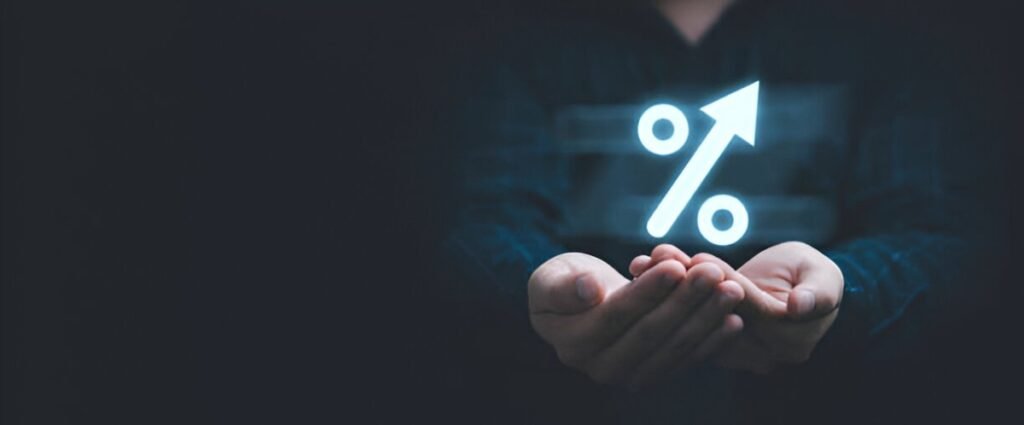Introduction
When I started trading stocks, I quickly realized that success requires more than intuition and luck. Understanding financial markets, risk management, and economic indicators takes knowledge. Many aspiring traders ask, “What is the best degree for trading stocks?” The answer isn’t straightforward. Traders come from diverse educational backgrounds, but some degrees provide a stronger foundation than others.
This article explores the most relevant degrees for stock trading, comparing their benefits and limitations. I will also share practical examples and calculations to illustrate why certain degrees may offer an advantage in trading.
Table of Contents
Key Skills for Stock Trading
Before diving into degree options, I want to highlight the essential skills for successful trading:
- Analytical Thinking: Ability to interpret financial statements, charts, and market trends
- Risk Management: Understanding position sizing, stop-loss orders, and portfolio diversification
- Mathematical Proficiency: Grasping probability, statistics, and quantitative analysis
- Psychological Discipline: Maintaining emotional control during market volatility
- Economic Awareness: Understanding macroeconomic factors affecting stock prices
With these skills in mind, let’s evaluate the best degrees for stock trading.
Finance: The Traditional Choice
A degree in finance is often the first choice for traders. It provides knowledge of financial markets, investment strategies, and risk management. Finance graduates learn how to read balance sheets, analyze company performance, and use financial models.
Strengths:
- In-depth knowledge of financial markets and securities
- Exposure to risk management principles
- Understanding of corporate finance and investment strategies
Limitations:
- May lack strong quantitative and programming skills
- Theoretical focus may not fully prepare students for fast-paced trading
Example: Suppose a trader wants to evaluate Apple’s stock price using discounted cash flow (DCF) analysis. A finance degree helps them estimate future cash flows and discount them to present value, making it easier to determine if the stock is undervalued or overvalued.
Economics: Understanding Market Forces
An economics degree provides a solid understanding of how economies function. Traders with an economics background grasp inflation, interest rates, and GDP trends, which influence market movements.
Strengths:
- Strong foundation in macroeconomics and monetary policy
- Ability to analyze economic reports and indicators
- Understanding of supply and demand forces driving asset prices
Limitations:
- Less focus on technical trading strategies
- Fewer quantitative skills than mathematics or engineering degrees
Example: If the Federal Reserve raises interest rates, an economics major would anticipate a decline in stock prices due to higher borrowing costs and reduced corporate profitability.
Mathematics and Statistics: The Quantitative Edge
A degree in mathematics or statistics helps traders develop quantitative models for market predictions. Many hedge fund traders and algorithmic traders have a strong math background.
Strengths:
- Strong understanding of probability and statistical modeling
- Ability to develop algorithmic trading strategies
- Proficiency in risk assessment and portfolio optimization
Limitations:
- May lack practical trading exposure
- Heavy theoretical focus with less emphasis on financial markets
Example: A trader using options pricing models like Black-Scholes benefits from a deep understanding of stochastic processes and probability distributions.
Computer Science: Powering Algorithmic Trading
In modern trading, algorithms dominate. A computer science degree helps traders automate strategies, analyze big data, and implement machine learning techniques.
Strengths:
- Proficiency in coding languages like Python, R, and C++
- Ability to develop automated trading systems
- Strong data analysis and backtesting skills
Limitations:
- Limited exposure to financial principles
- Requires additional self-learning on market fundamentals
Example: A trader develops a Python script to execute trades based on moving average crossovers, enhancing efficiency and removing emotional bias.
Business Administration: A Versatile Option
A business administration degree provides a broad understanding of management, finance, and entrepreneurship, making it a well-rounded option for traders.
Strengths:
- Exposure to various financial concepts
- Knowledge of business operations and management
- Strong decision-making and leadership skills
Limitations:
- Less specialized in quantitative analysis
- May not provide deep insights into trading mechanics
Example: A trader with an MBA may use fundamental analysis to evaluate the long-term potential of growth stocks like Tesla or Amazon.
Accounting: Mastering Financial Statements
Accounting degrees train students to analyze financial statements and cash flow reports. Traders who use fundamental analysis benefit from accounting expertise.
Strengths:
- Strong understanding of financial statements and earnings reports
- Ability to detect fraudulent accounting practices
- Knowledge of tax implications on investments
Limitations:
- Less emphasis on market psychology and trading strategies
- May not cover macroeconomic factors affecting stocks
Example: An accountant-turned-trader spots inconsistencies in Enron’s balance sheet, avoiding a disastrous investment before the company collapses.
Engineering: A Logical Approach to Trading
Engineering degrees, especially in fields like electrical or mechanical engineering, develop problem-solving and analytical skills useful in quantitative trading.
Strengths:
- Strong quantitative reasoning and analytical skills
- Ability to process complex data and build models
- Proficiency in programming and automation
Limitations:
- Requires self-learning of financial concepts
- Limited exposure to economic and business fundamentals
Example: An engineer designs a Monte Carlo simulation to predict potential stock price movements based on historical volatility.
Comparison Table of Degrees for Trading
| Degree | Strengths | Limitations |
|---|---|---|
| Finance | Market knowledge, risk management | Lacks strong quantitative skills |
| Economics | Macroeconomic understanding, policy analysis | Less focus on technical trading |
| Mathematics | Probability, quantitative modeling | Less exposure to practical trading |
| Computer Science | Coding, algorithmic trading | Requires finance self-study |
| Business Administration | Broad financial knowledge | Lacks specialized trading focus |
| Accounting | Financial statement analysis | Limited macroeconomic perspective |
| Engineering | Problem-solving, automation | Requires additional financial learning |
Final Thoughts
No single degree guarantees success in trading. Each offers unique advantages, and the best choice depends on personal strengths and career goals. If I had to choose, a combination of finance, mathematics, and computer science would provide the most comprehensive skill set. However, real-world trading success also requires experience, risk management, and psychological discipline. The best traders continuously learn, adapt, and refine their strategies. A degree is just the starting point—what matters most is how you apply your knowledge in the markets.





